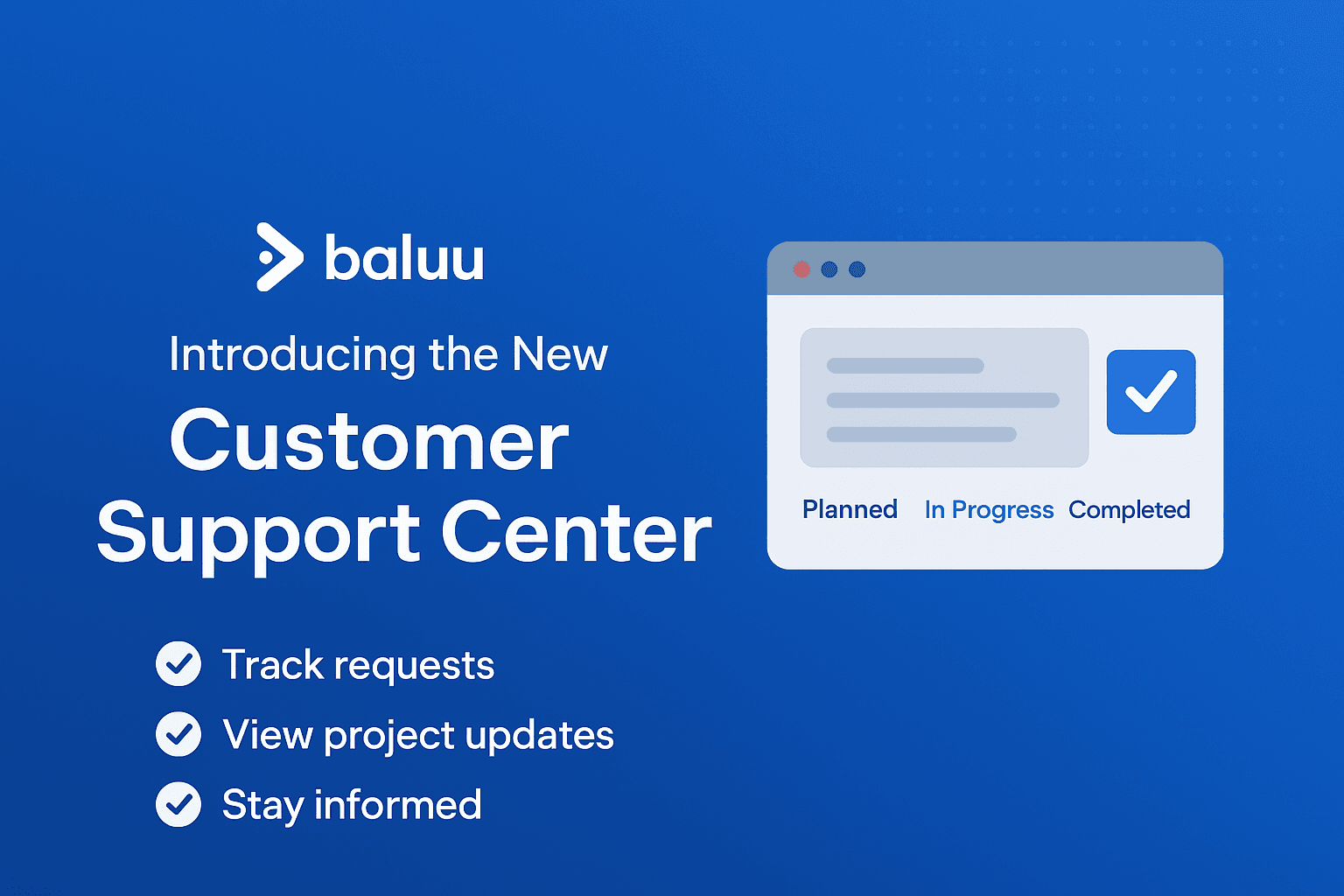
Streamline Your Schedule: A Comprehensive Guide to Effective Schedule Administration
Effective schedule administration is an integral component of project success. Streamlining your schedule administration processes can increase productivity, enhance communication, and reach better project outcomes. Key elements covered in this comprehensive guide include defining objectives, establishing effective communication channels, mastering schedule planning and coordination, optimizing resource allocation and management, fostering effective communication and stakeholder engagement, harnessing technology, and embracing continuous improvement.
Introduction to Schedule Administration
Scheduling administration is an integral component of any successful project, efficiently managing and coordinating resources, tasks, and deadlines to ensure optimal productivity and project completion. In this comprehensive guide, we will explore the significance and challenges of scheduling administration and its benefits in creating an efficient system.
Understanding the Importance of Schedule Administration
Scheduling administration plays an essential part in project success. It provides teams with structure and clarity, helping them meet deadlines with ease and deliver high-quality results. With effective administration, projects may become manageable, resulting in missed deadlines,over allocation of resources, and effective communication, among other problems.
Benefits of Implementing Efficient Schedule Administration
Implementing an efficient schedule administration system brings many advantages. First and foremost, it increases productivity by ensuring resources are utilized optimally, and tasks are completed on schedule, leading to enhanced project outcomes and customer satisfaction. Furthermore, effective schedule administration fosters better team communication, collaboration, and accountability within teams.
Creating a Robust Schedule Administration System
Optimising your schedule administration system is crucial to its effectiveness, so this section will outline key steps that can help achieve that goal.
Define Clear Objectives for Schedule Administration
Start by outlining clear objectives for your schedule administration process. What outcomes would you like to accomplish, such as timely task completion, efficient resource allocation, and effective communication? Setting clear objectives will guide scheduling decisions while creating alignment among team members.
Establish Effective Communication Channels
Communication is at the core of successful schedule administration. Establish open and transparent communication channels to facilitate information sharing and collaboration among team members. Utilise project management tools, like task management software or team messaging platforms, to streamline communications and keep everyone on the same page.
Identify and Analyse Schedule-related Metrics
As part of your schedule administration efforts, it is vitally important that you identify and analyze relevant metrics. These could include task completion rates, resource utilisation rates, and project timeline adherence rates - which you can then use to make data-driven decisions to optimise the schedule administration processes.
Implement a Scalable Scheduling Tool
Consider investing in a scalable scheduling tool explicitly tailored to your project and team's needs, whether purchasing software specifically designed for project management or simply customising spreadsheets to meet these goals. Your device should allow for the easy creation and updating of schedules while managing dependencies and tracking progress.
Foster Collaboration and Accountability within the Team
Enhance schedule administration effectiveness by cultivating collaboration and accountability within your team. Encourage members to share updates and progress and hold regular meetings to discuss challenges, dependencies, and deadlines. Creating this environment of cooperation ensures everyone works towards making your project a success!
Mastering Schedule Planning and Coordination
Mastering schedule planning and coordination are integral to successful project execution, and this section will discuss critical steps involved in efficient schedule planning and coordination.
Assessing the Project Scope and Requirements
Before beginning scheduling, assessing the project scope and requirements is essential. Recognising your project's objectives, deliverables, and constraints can help determine the necessary tasks, resources, and timelines to include in your schedule.
Breaking Down Tasks and Assigning Responsibilities
Divide the project into manageable tasks and allocate them among team members, ensuring each task has clear deliverables and deadlines, taking into account each member's skills and availability to optimise productivity and efficiency.
Establishing Realistic Deadlines and Milestones
Determine realistic deadlines and milestones based on project requirements and team capacity. Consider any dependencies or potential roadblocks while allocating enough buffer time in case unexpected delays arise. It is critical to strike an equilibrium between ambitious goals and practical timelines to avoid stress or bottlenecks in progress.
Prioritising Tasks and Managing Dependencies
Set priorities according to importance,urgency, and dependencies between tasks. Identify critical path activities that can significantly alter the project timeline. Manage dependencies well to prevent delays from escalating into delays across all functions in a project.
Monitoring Progress and Making Adjustments
It is crucial to evaluate the progress of individual tasks and projects regularly. Establish a system for keeping tabs on task completion, milestone achievements, potential bottlenecks, and any potential bottlenecks, then use this information to make necessary schedule modifications, such as reallocating resources or updating deadlines, to ensure project success.
Effective Communication and Stakeholder Engagement
Communication is integral to successful schedule administration. In this section, we'll explore strategies for encouraging effective dialogue with all involved in the process, from stakeholders and staff alike.
Develop Clear Communication Channels
To facilitate efficient information sharing, create clear communication channels that enable efficient information exchange.This could include regular meetings, email updates, or collaboration tools centralising project information. When selecting communication channels, ensure they are accessible, responsive, and conducive to open dialogue.
Engage Stakeholders in the Planning Process
Engage stakeholders early on to gain their buy-in and align expectations. Gain their input regarding project scope,deliverables, timelines, etc. By including stakeholders from the start of planning sessions, you can ensure their needs and concerns are considered during scheduled administration processes.
Regularly Update and Communicate Changes in Schedule
Keep stakeholders aware of any updates or modifications to the schedule, such as adjusted deadlines, shifting priorities, or revised resource allocation. Transparent communication builds trust while helping stakeholders adjust their expectations appropriately.
Resolve Conflicts and Manage Expectations
Conflicts and differing expectations are unavoidable when managing projects, so as an administrator, any disputes that arise must be quickly addressed, with suitable resolutions found as soon as they appear. It would help if you acted as a mediator between stakeholders by hosting open discussions on project advancement, encouraging open dialogue amongst all involved, and brokering compromises that ensure smooth project execution.
Foster Collaboration and Feedback-Driven Improvements
Encourage collaboration by gathering feed back from stakeholders and team members. Actively seek ways the schedule administration process could be enhanced. By cultivating an environment of continuous improvement, you can strengthen scheduling practices while improving project outcomes.
Harnessing Technology for Enhanced Schedule Administration
Technology plays an indispensable role in improving schedule administration. This section will discuss various strategies for using technology for improved efficiency and effectiveness.
Explore Scheduling Software and Tools
Explore scheduling software and tools specifically created to manage project management. These tools can automate tasks, foster collaboration, and update real-time project progress. Look for software that fits the specific needs of your project while being compatible with other organisational systems.
Automate Routine Tasks and Reporting
Take advantage of automation to streamline routine tasks and reporting. For example, setting reminders for approaching deadlines automatically generates progress reports and automatically updates task statuses as completed data arrives - saving time and energy when doing critical scheduling activities. By automating repetitive tasks, you free up precious minutes for more strategic ones.
Integrate Scheduling with Other Organisational Systems
Integrate your scheduling system with other organisational strategies, such as resource management or budgeting tools, to share data seamlessly, increase visibility, and enable better decision-making.Integrating systems can streamline workflows while eliminating manual data entry tasks.
Leverage Data Analysis for Decision-Making
Leverage data analysis to inform your scheduling decisions. Sift through historical project data, such as task completion times or resource utilisation rates, to uncover patterns and trends.Use this knowledge to make data-driven decisions that optimize schedules and resource allocation.
Embrace Continuous Process Improvement
Embrace a Culture of Continuous Process Improvement Make continuous process improvement part of your schedule administration strategy. Review scheduling practices regularly, solicit stakeholder feedback, and explore innovative technologies and methodologies-constantly seeking ways to enhance can help meet ever-evolving project requirements and produce improved project results.
Conclusion
Effective schedule administration is an integral component of project success. Streamlining your schedule administration processes can increase productivity, enhance communication, and reach better project outcomes. Key elements covered in this comprehensive guide include defining objectives, establishing effective communication channels, mastering schedule planning and coordination, optimising resource allocation and management, fostering effective communication and stakeholder engagement, harnessing technology, and embracing continuous improvement.
FAQs
1. What is the Role of a Schedule Administrator?
A schedule administrator plays an essential part in overseeing and coordinating project schedules. Their responsibility includes developing, maintaining, and allocating resources for meeting project milestones and deadlines.
2. How can effective schedule administration contribute to project success?
Achieve project success through efficient schedule administration by ensuring tasks are completed on time, optimising resources, and ensuring communication flow freely between team members, avoiding delays and conflicts while encouraging teamwork among colleagues,resulting in positive project outcomes.
3. Can Schedule Administration Work Effectively with Remote or Distributed Teams?
Yes, schedule administration can work effectively within remote or distributed teams by creating clear communication channels, using technological collaboration tools, and adapting scheduling practices to accommodate different time zones and work arrangements.
4. What are some strategies for overcoming common scheduling challenges?
Some practical approaches for tackling scheduling challenges include prioritising tasks, managing dependencies, monitoring progress regularly, and being proactive about resolving conflicts or bottlenecks. Effective communication, collaboration, and continuous improvement are also essential in meeting scheduling hurdles successfully.
5. What technologies should be utilised for effective schedule administration?
Some technologies that facilitate effective schedule administration include project management software, task management tools, and collaboration platforms. Furthermore, resource management systems, data analysis tools, and integration with other organisational systems may increase the efficiency and effectiveness of schedule administration.
About Ruta Jogminaite
Expert in booking systems and appointment-based business optimization.
Related Articles

Baluu has launched a new Customer Support Center to make communication clearer and more transparent. Instead of requests being spread across multiple channels, the Support Center provides a single hub where you can submit requests, track their status, see updates in real time, and follow our ongoing product improvements. This new system offers a more reliable and efficient way to stay connected with Baluu as we continue to grow.

Keep your Mac always ready for every booking management task. Discover smart and easy tune-ups that increase speed, stability, and software compatibility.

Searching for the best way to manage your schedule and your bookings? We have put together an analysis of the 7 best online appointment scheduling software options in the market for 2023. Find the best system for your business with our overview of the pricing, pros, cons and key features.